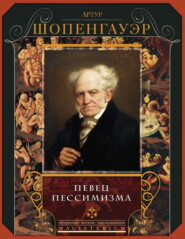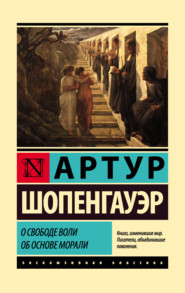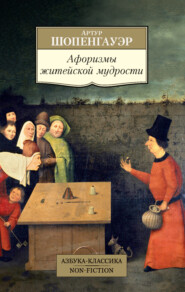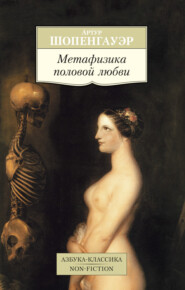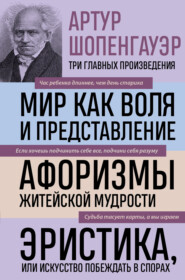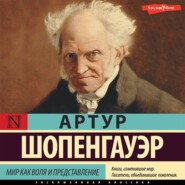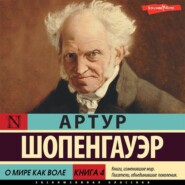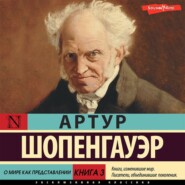По всем вопросам обращайтесь на: info@litportal.ru
(©) 2003-2024.
✖
The Essays of Arthur Schopenhauer; The Art of Literature
Настройки чтения
Размер шрифта
Высота строк
Поля
See especially §§ 35, 113, 118, 120, 122, 128.
16
A. Wivell: An Inquiry into the History, Authenticity, and Characteristics of Shakespeare's Portraits; with 21 engravings. London, 1836.
17
Ecclesiasticus, xi. 28.
18
Preface, p. xxix.
19
Welt als Wille, Vol. II. c. 37.
20
Collier, one of his critical editors, in his Introduction to the Sonettes, remarks upon this point: "In many of them are to be found most remarkable indications of self-confidence and of assurance in the immortality of his verses, and in this respect the author's opinion was constant and uniform. He never scruples to express it… and perhaps there is no writer of ancient or modern times who, for the quantity of such writings left behind him, has so frequently or so strongly declared that what he had produced in this department of poetry 'the world would not willingly let die.'"
21
Works and Days, 293.
22
The Prince, ch. 22.
23
Plutarch, Apophthegms.
24
Translator's Note. – August Mahlmann (1771-1826), journalist, poet and story-writer. His Herodes vor Bethlehem is a parody of Kotzebue's Hussiten vor Naumburg.
25
Translator's Note. – At this point Schopenhauer interrupts the thread of his discourse to speak at length upon an example of false fame. Those who are at all acquainted with the philosopher's views will not be surprised to find that the writer thus held up to scorn is Hegel; and readers of the other volumes in this series will, with the translator, have had by now quite enough of the subject. The passage is therefore omitted.
26
If the professors of philosophy should chance to think that I am here hinting at them and the tactics they have for more than thirty years pursued toward my works, they have hit the nail upon the head.
27
In the Venetian edition of 1492.
28
The correct scale for adjusting the hierarchy of intelligences is furnished by the degree in which the mind takes merely individual or approaches universal views of things. The brute recognizes only the individual as such: its comprehension does not extend beyond the limits of the individual. But man reduces the individual to the general; herein lies the exercise of his reason; and the higher his intelligence reaches, the nearer do his general ideas approach the point at which they become universal.
29
Translator's Note.– For an illustration of this feeling in poetry, Schopenhauer refers the reader to Byron's Prophecy of Dante: introd. to C. 4.
30
Opera: ed. Wagner, 1. 224.






